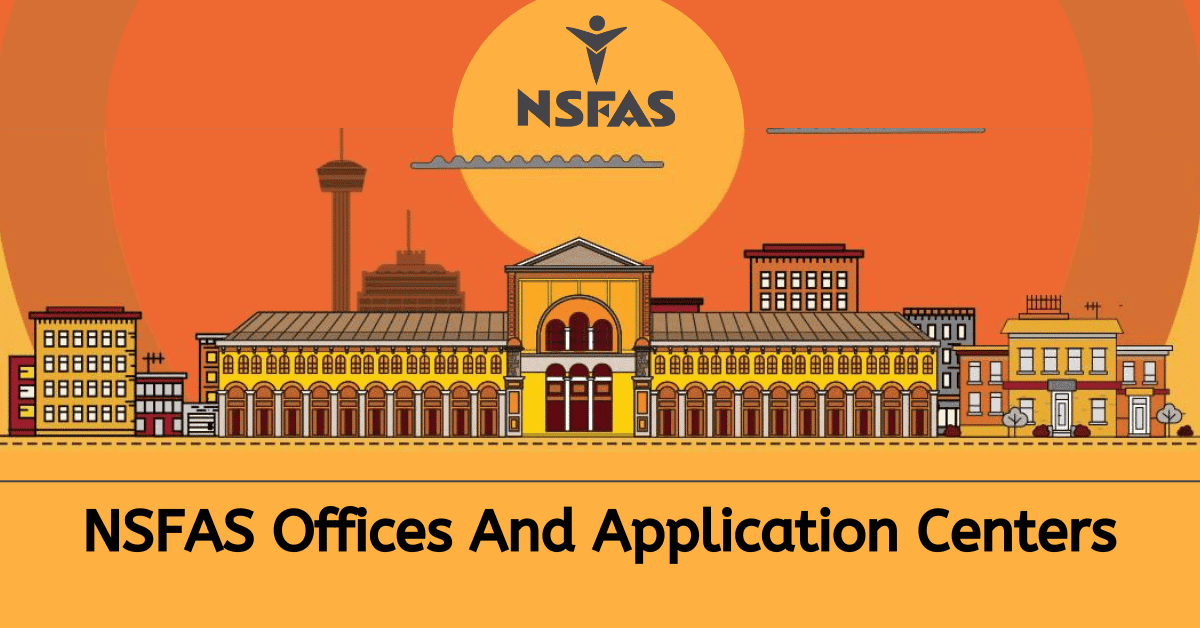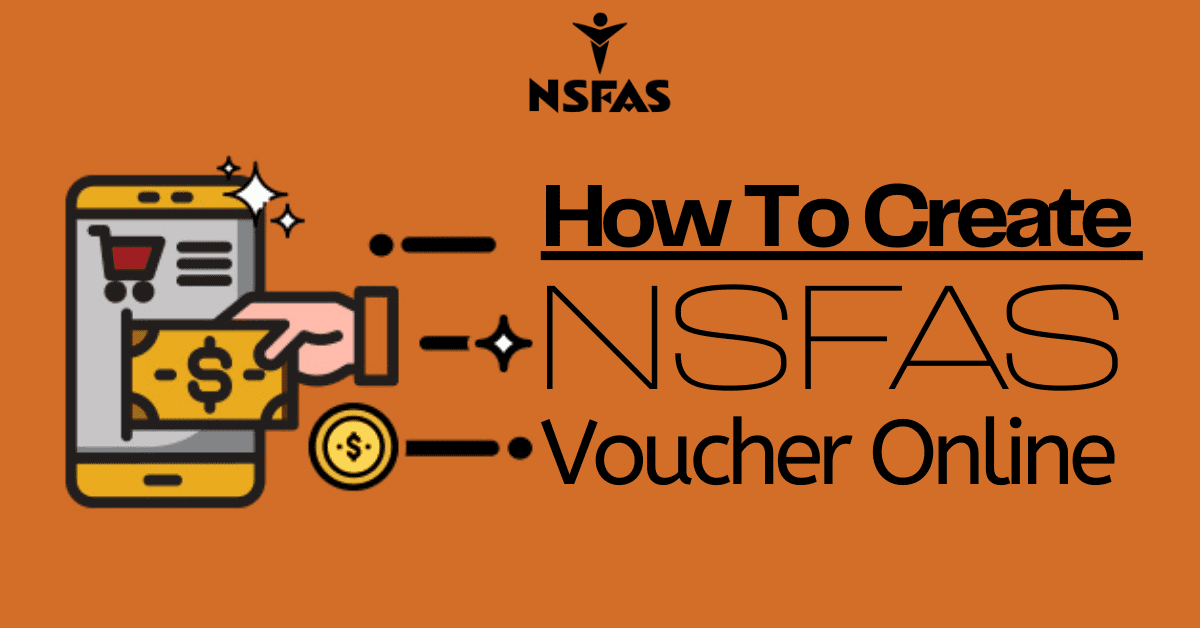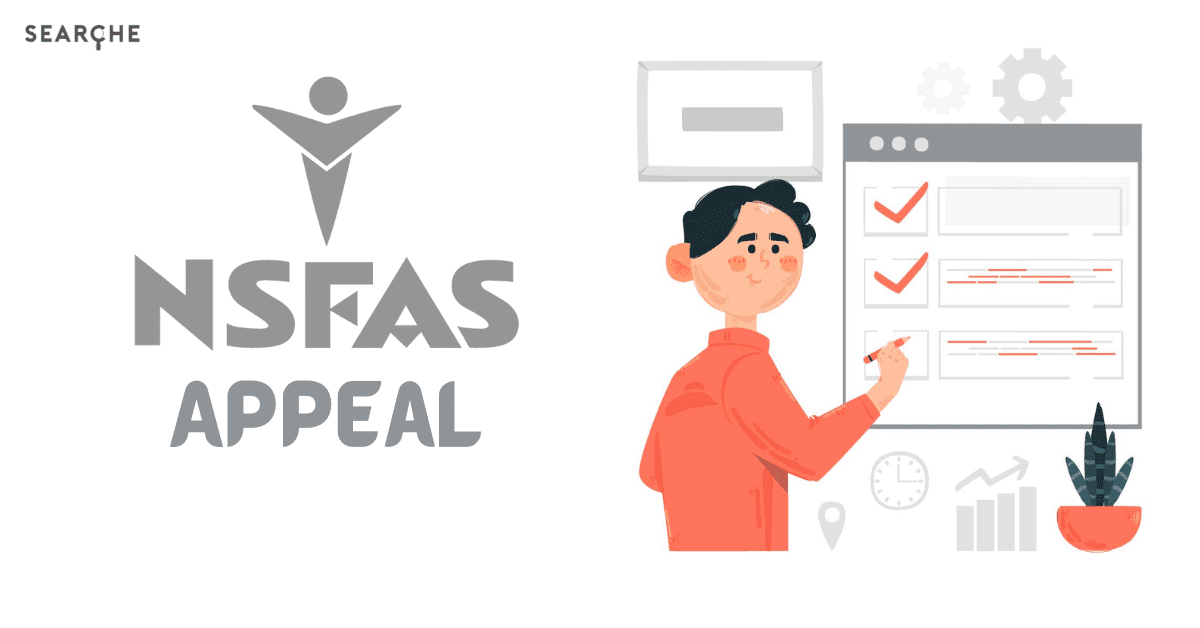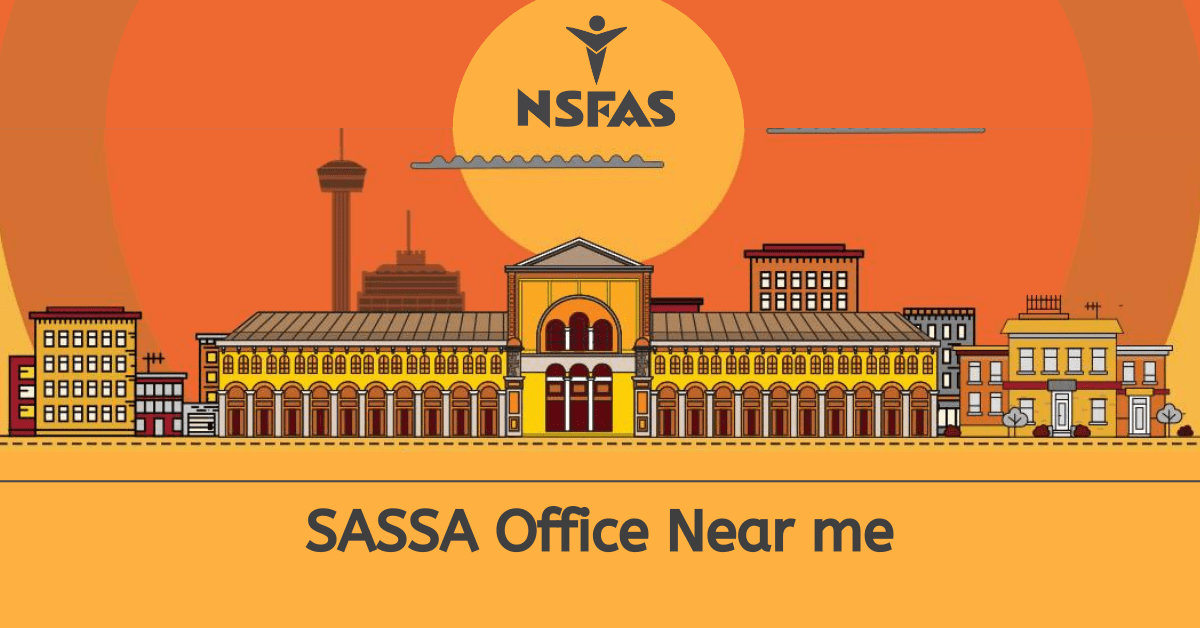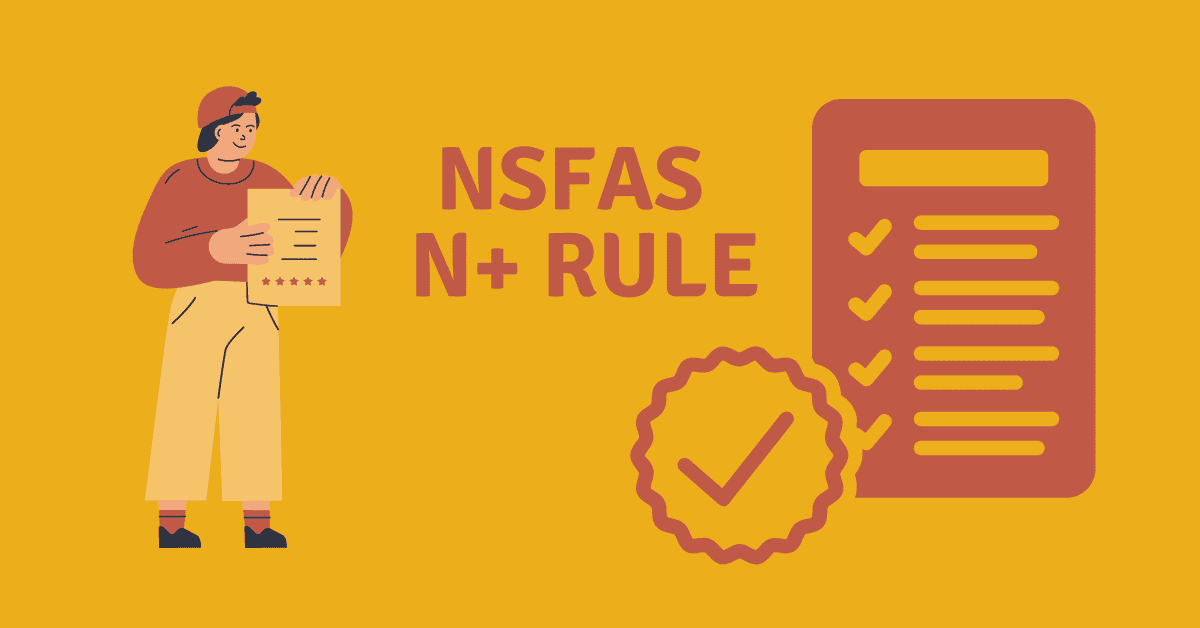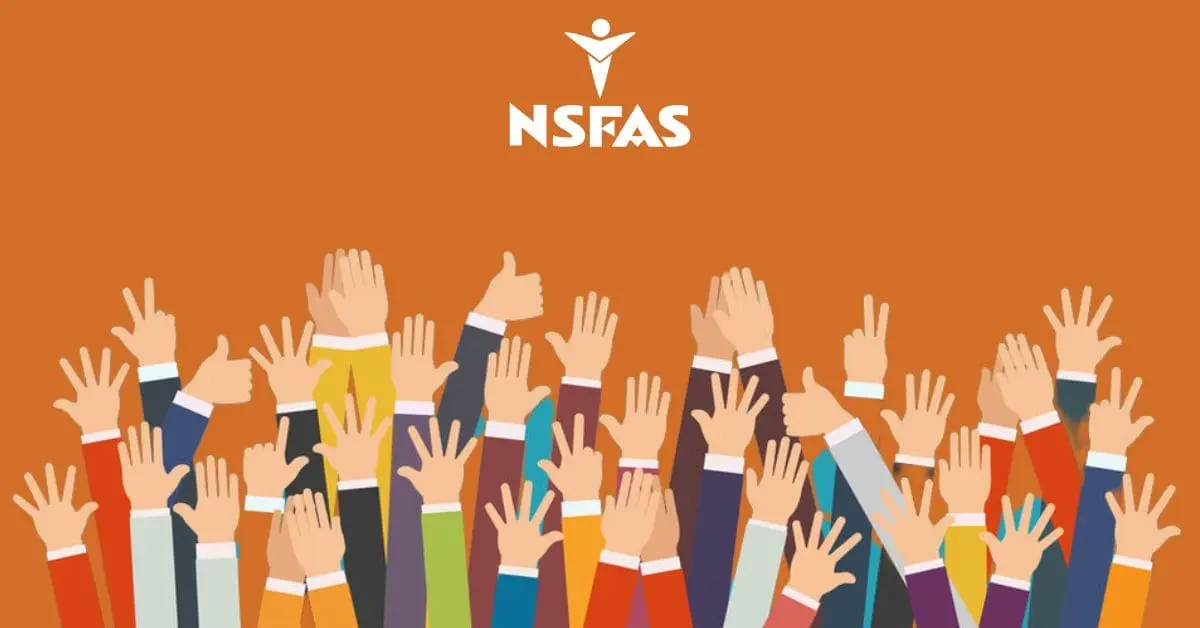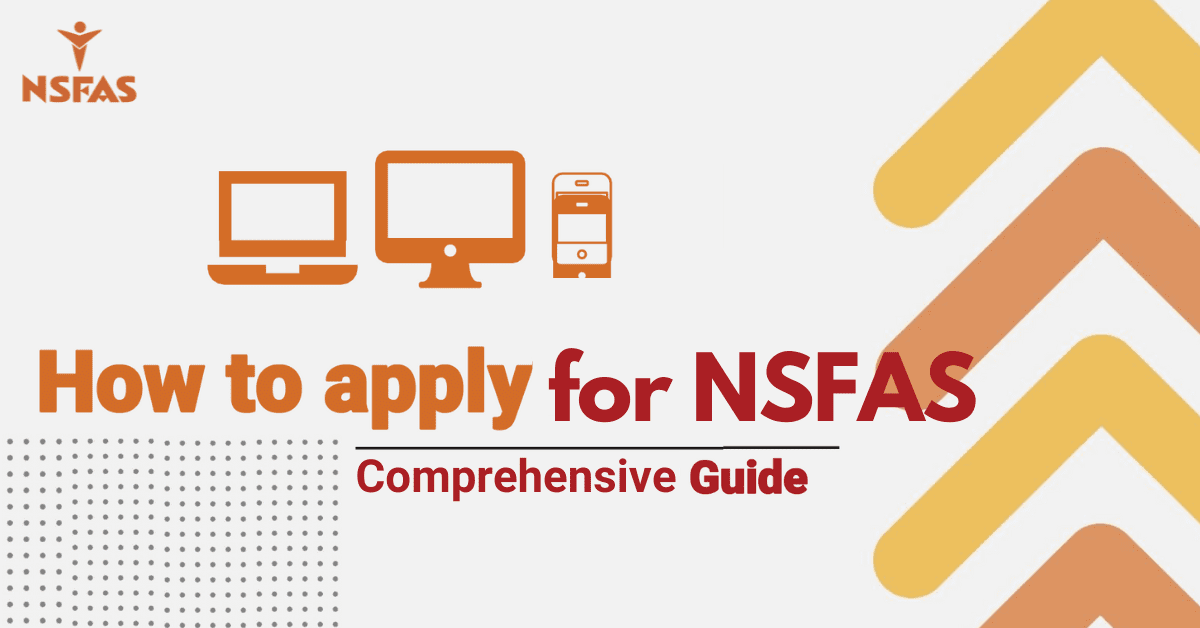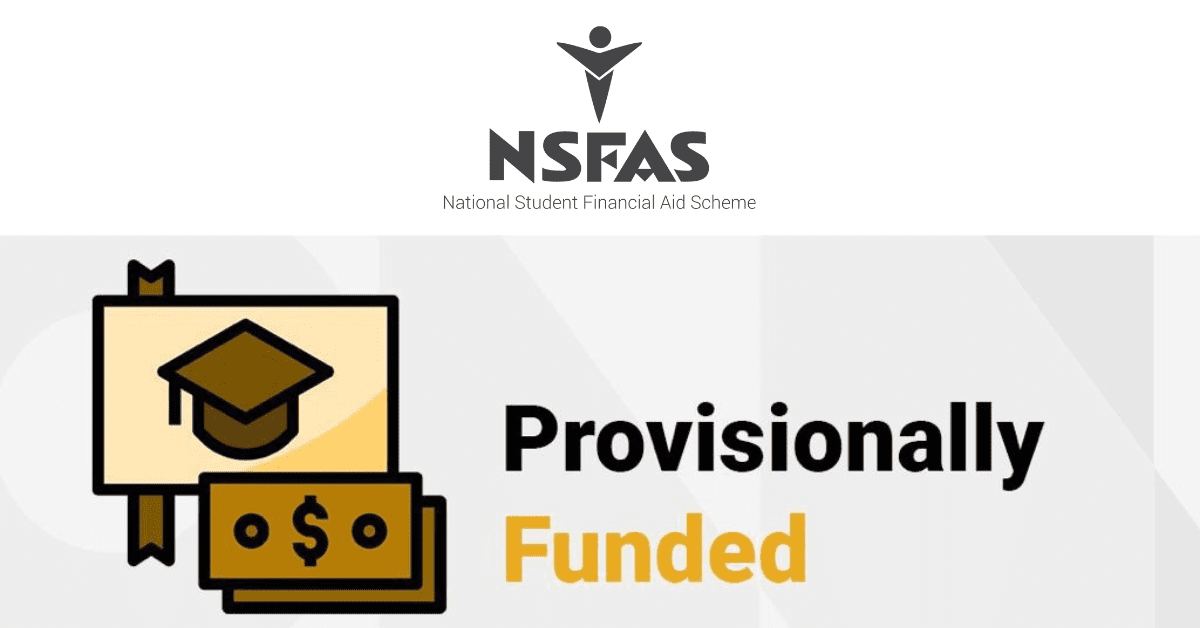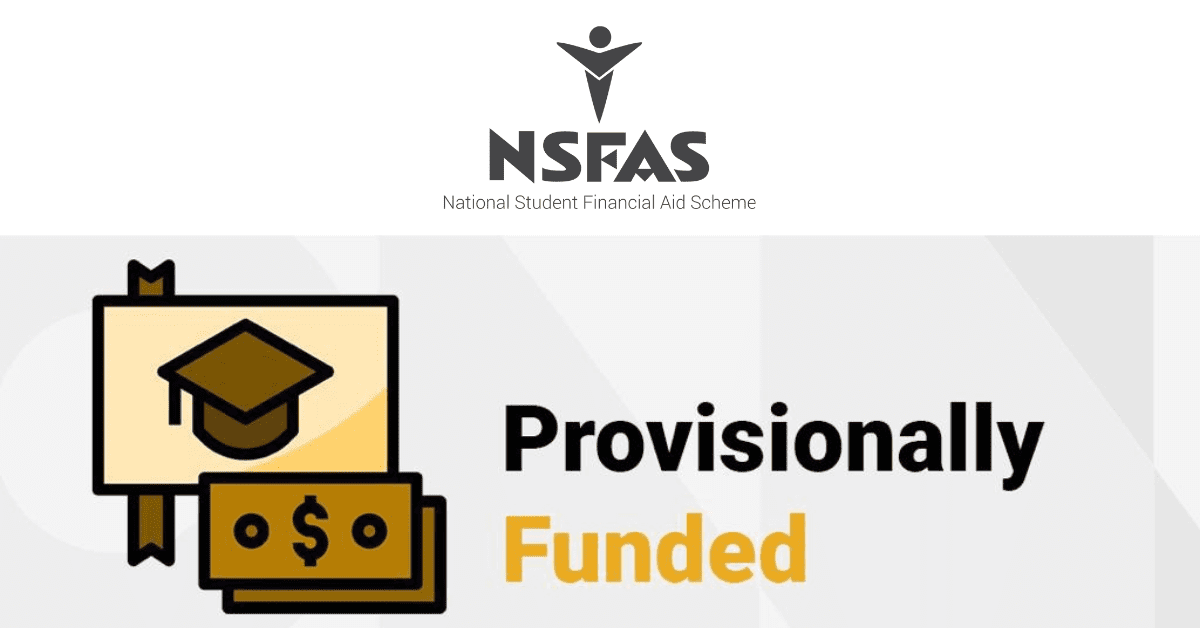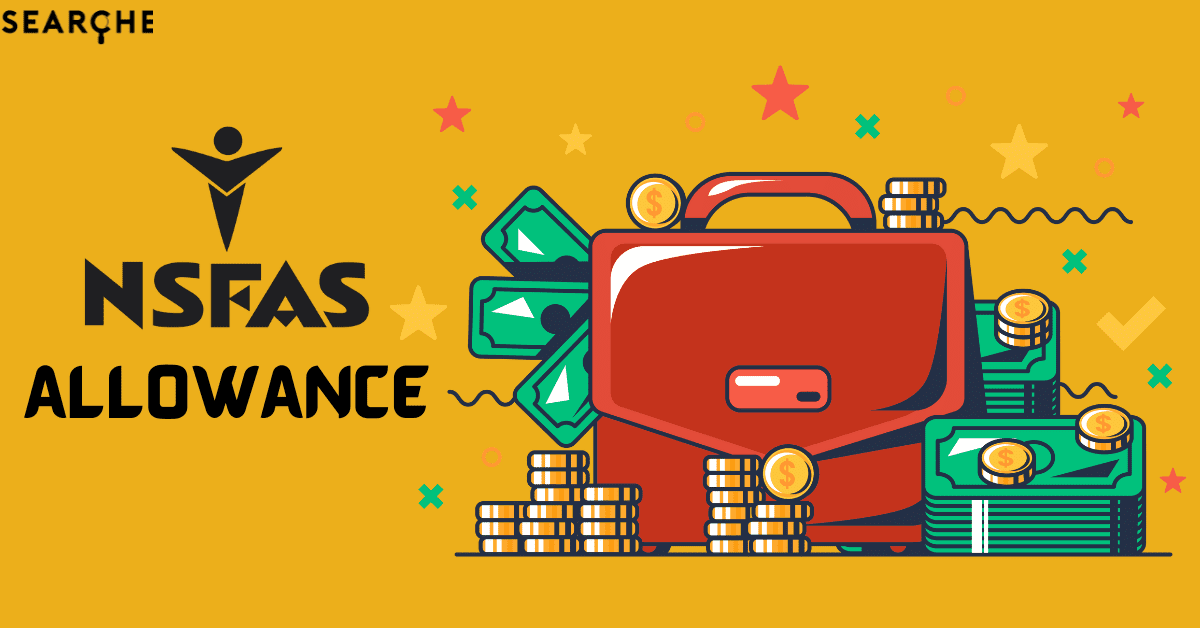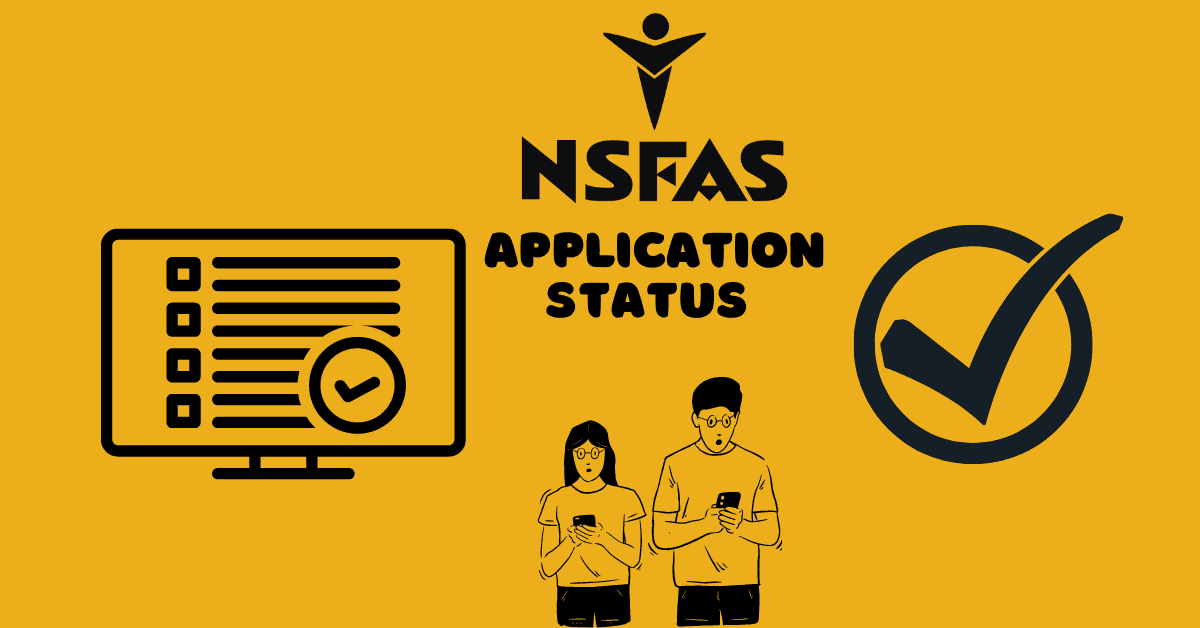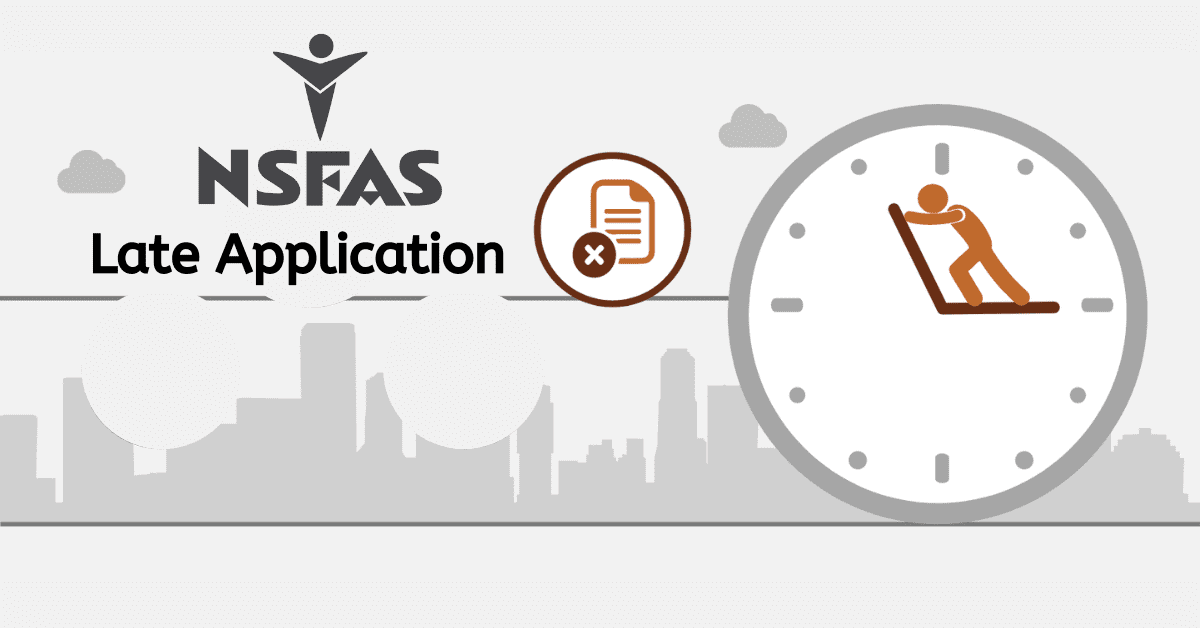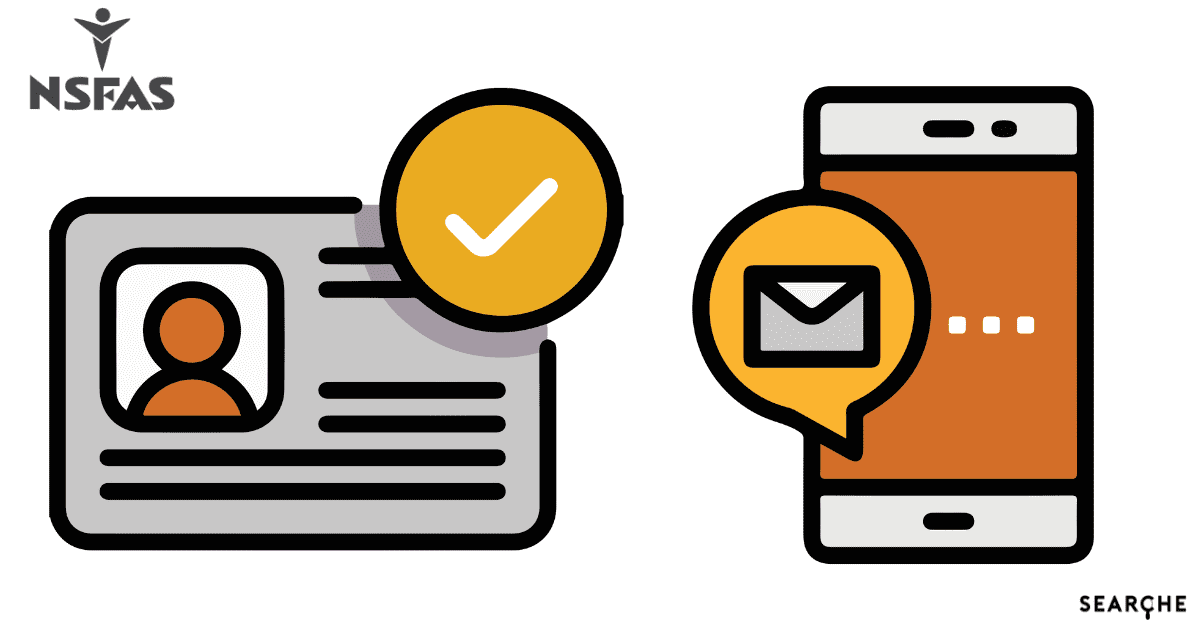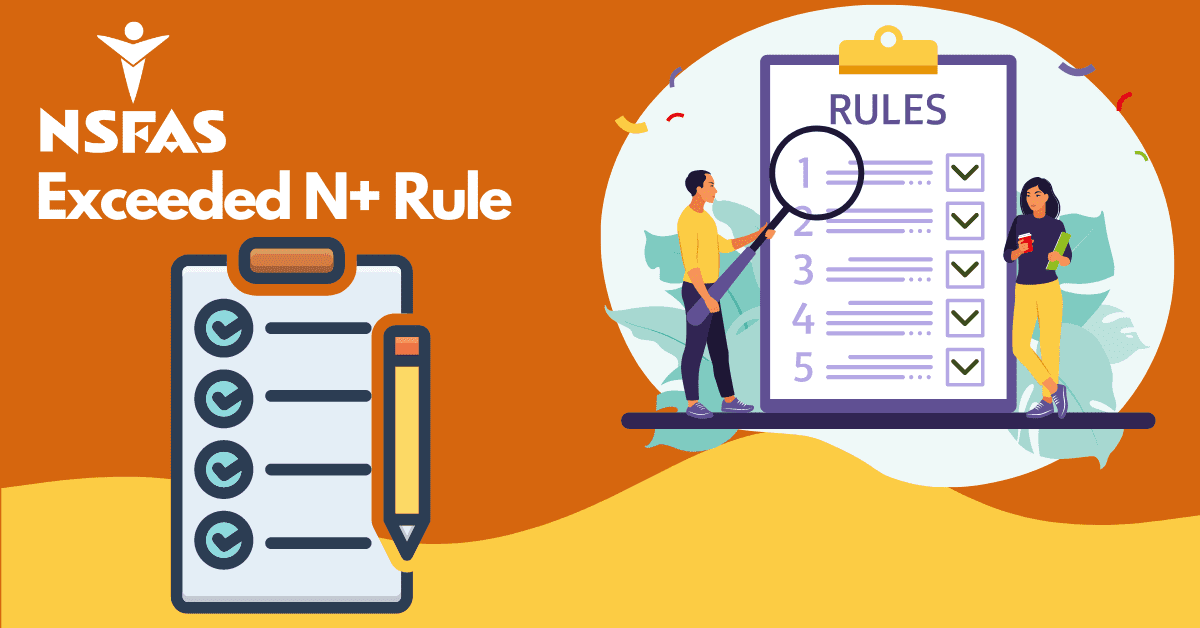Studying anything is a full-time job, but for many, that’s just not possible. Work, children, family, and prior commitments are only a few reasons a student might choose to study part-time instead of full-time. If this is the case for you, the answers in this article might be just what you need.
Now let’s get right into it and answer the big question burning in all of our brains; Do NSFAS Fund Part-Time Students?
Do NSFAS Pay For Part-Time Students?
Unfortunately, the NSFAS don’t fund part-time students or those studying at private institutions, but they do fund students who work part-time and study full-time. So if you have a part-time job, remain below the income threshold and can continually pass at least 50% of your modules, NSFAS will keep funding you.
What Is A Part-Time Student?
A part-time student is someone who is studying on the side, often as a secondary vocation. They live off campus and have responsibilities which are prioritised over their studies.
Does NSFAS Fund UNISA Part-Time Students?
If you’re planning on doing distance learning via UNISA, the good news is that NSFAS absolutely do fund a wide range of UNISA courses. Unfortunately, though, this doesn’t include part-time courses.
What Is UNISA?
The University of South Africa or UNISA, is a distance-learning university and a highly popular choice for students in Africa, as well as a good option for those around the world. It brings many perks to its students, with a third of all higher education students in South Africa choosing UNISA.
Does NSFAS Fund Distance Learning Students?
A distance learning facility is a great option for those looking to study from home or abroad. If you’re wondering whether NSFAS will fund your distance learning course, the good news is that they cover distance learning!
You need to ensure that they cover the course you intend to study and that the institute is recognised and supported by NSFAS. A good example of a distance learning institute which accepts NSFAS funding is UNISA.
What Is A Distance Learning Institution?
A distance-learning college or university is a facility that allows you to study from wherever you are. It provides flexibility and simplicity to students who are not drawn to the in-person aspects of studying.
Does NSFAS Pay For Part-Time Courses?
NSFAS, unfortunately, doesn’t fund part-time courses.
What Is A Part-Time Course?
A part- time course is created for those with limited time to study; for example, someone who works a 9 – 5 job throughout the week. The lecture times are more flexible, with mandatory classes often taking place after hours and on weekends.
What Does NSFAS Not Fund?
Although there is a very wide range of options to choose from when you’re being funded by
NSFAS, there are limitations to the courses that they can support. Generally speaking, NSFAS do not fund short courses, part-time courses, subsequent and postgraduate degrees, or courses at private institutes.
Bursaries For Part-Time Students
Although NSFAS do not fund part-time students, there are other funding options for those studying on the side.
CIMA
The CIMA bursary for part-time students is a great option to assist self-funding students with their tuition fees. In order to be eligible for this bursary, a student must receive an average of at least 70% on their matric exams, and their income can not exceed R16,000 per month. If a student meets the criteria, they will be eligible for a bursary to cover 25% of their tuition fees.
CIMA also have two bursary options for full-time students.
SAAFoST
The South African Association for Food Science and Technology provides a bursary to part-time students who are also paid members of SAAFoST. The requirements are a bit steeper, but if you meet them, it’s a great choice. In order to qualify for the SAAFoST part-time bursary, you need to be a resident who’s been living in South Africa for at least three years before applying, you must have been a paid member of SAAFoST for at least one year, and you must have a matric certificate; with regards to studying requirements, you must study a BSc Hon or BTech degree in the Food Science and Technology field at a recognised and accredited South African institution, and be able to finish your studies within the prescribed time period.
SAAFoST also offers two other bursary options for full-time students.
We hope this article has been able to shed some light on these tricky topics and that you’ve found something valuable in it!
